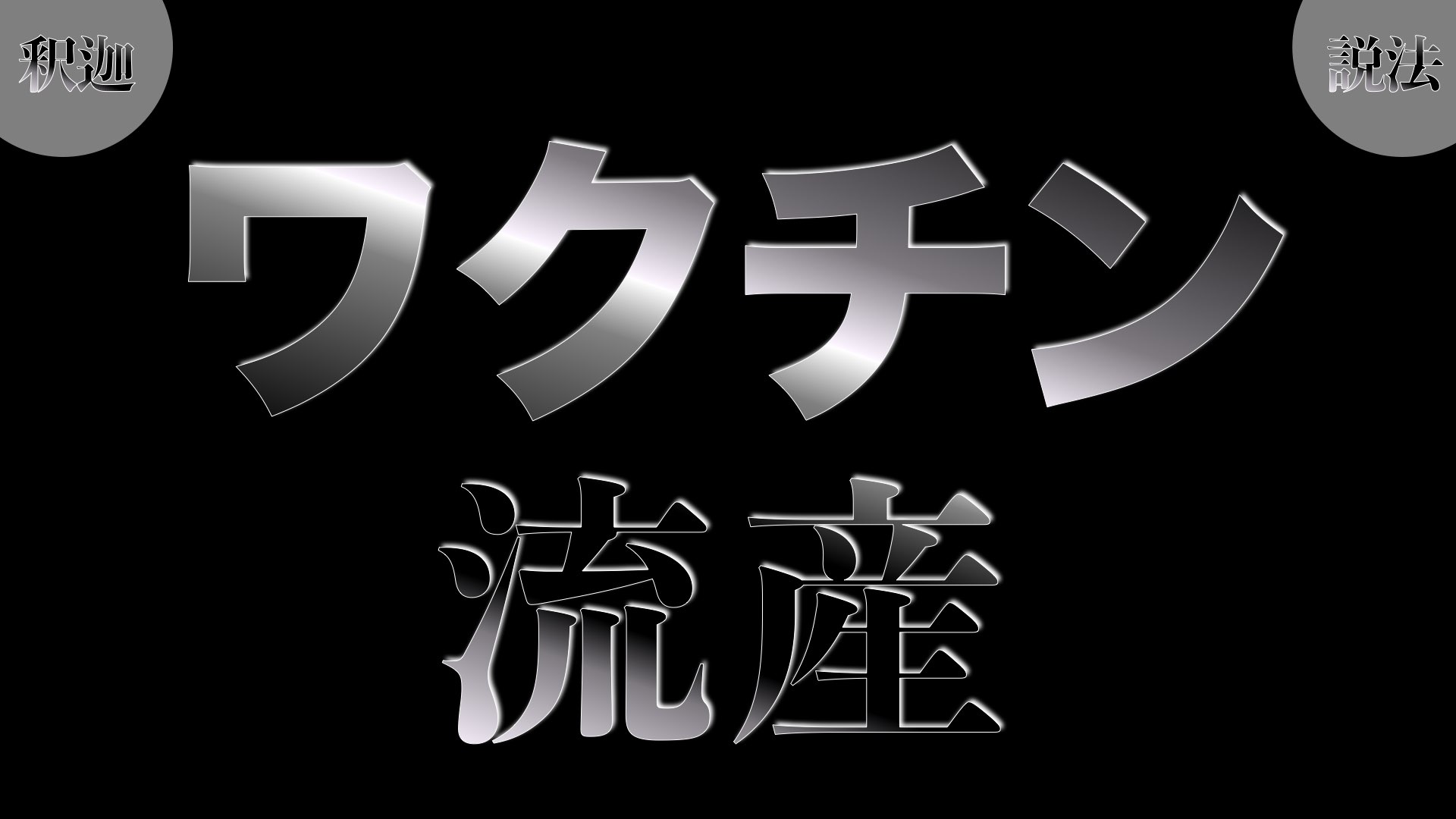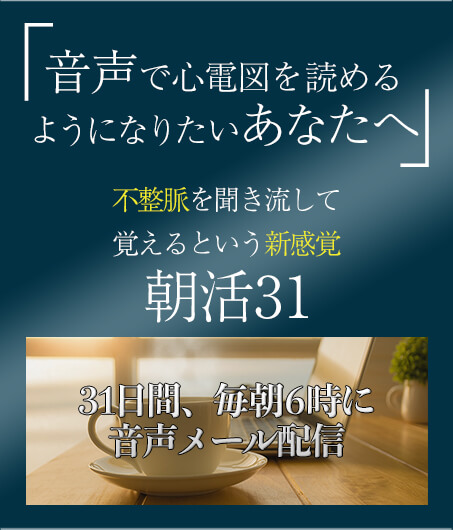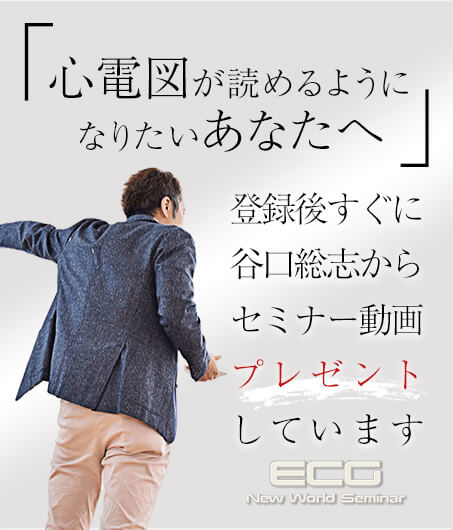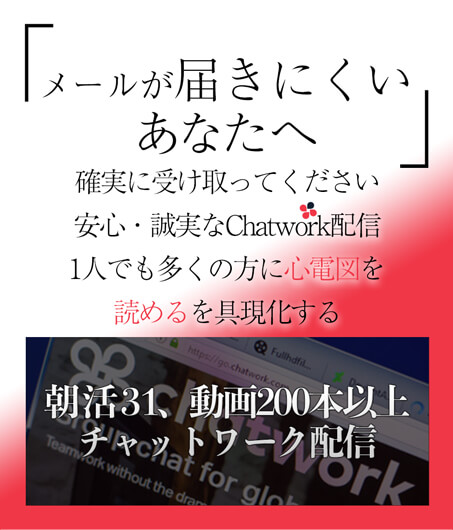The World Health Organization said Tuesday it is no longer recommending additional Covid-19 vaccine booster doses for regular, medium-risk adults as the benefit was marginal.
For such people who have received their primary vaccination course and one booster dose, there is no risk in having further jabs but the returns are slight, the WHO’s vaccine experts said.
The UN health agency’s Strategic Advisory Group of Experts on Immunisation (SAGE) issued updated recommendations after its regular biannual meeting.
SAGE’s new advice reflects the impact of the dominant Omicron variant of the virus and high-level immunity now achieved in the population through infection and vaccination, the WHO said.
SAGE came up with three new, simplified priority categories for Covid vaccination: high, medium and low, based on risk of severe disease or death.
SAGE recommended additional booster shots after the first one only for people at the highest risk of developing severe Covid-19 disease.
They include older adults; younger adults with comorbidities such as diabetes, people with immunocompromising conditions like HIV, pregnant women, and frontline health workers.
The medium priority group includes healthy adults, usually under 60, and children and adolescents with comorbidities.
SAGE recomends a primary series and a first booster dose.
“When it comes to the medium-risk group, additional booster doses… are no longer recommended,” said SAGE chair Hanna Nohynek.
“The vaccine is safe and it’s efficient against serious disease and death,” she said, but for this risk group, while there was no harm in having another shot, “the benefit of these additional boosters is actually quite marginal”.
The low priority group includes healthy children and adolescents aged six months to 17 years.
While primary and booster doses are safe and effective for this group, considering the low burden of Covid disease, SAGE said countries’ vaccination decisions should be based “on contextual factors” such as health programme priorities and cost effectiveness.
As for the impact of Covid-19 vaccines on Long Covid, or post-infection conditions, “the evidence on the extent of their impact is inconsistent”, said SAGE.
Nearly 13.3 billion Covid vaccine doses have been administered around the world.
WHO vaccines chief Kate O’Brien said that versus Omicron, the existing vaccines provide very good immunity against severe disease, but “frankly they don’t last very long for the performance that they do have against mild disease or infection”.
The WHO is looking for new Covid vaccines that cover a broad spectrum of variants, have longer durability and better performance against infection and transmission.
It is also seeking vaccines that are move on from injection methods and ultra cold chain storage, O’Brien said, citing nasal, oral and skin patch vaccine methods.
Speaking of two nasally-administered vaccines, particularly one being used in China, SAGE executive secretary Joachim Hombach said: “We know that they are immunogenic… but what we really need is data that actually studies the impact on transmission — because that could indeed make a major difference.”
機械翻訳
世界保健機関(WHO)は火曜日、通常の中リスク成人に対するコビッド19ワクチンの追加ブースター接種の推奨は、利益がわずかであるとして、もはや行わないことを明らかにした。
WHOのワクチン専門家は、一次接種コースと1回のブースター接種を受けたそのような人々にとって、さらなる接種を受けることにリスクはないが、リターンはわずかであると述べています。
国連保健機関の予防接種に関する専門家の戦略的諮問グループ(SAGE)は、年2回の定例会議の後、最新の勧告を発表しました。
WHOは、SAGEの新しい勧告は、ウイルスの優勢なオミクロン変種の影響と、感染とワクチン接種によって現在達成されている高レベルの免疫力を反映していると述べています。
SAGEは、Covidワクチン接種の優先順位を、重症化または死亡のリスクに基づいて、高、中、低の3つに簡略化しました。
SAGEは、重症のCovid-19病を発症するリスクが最も高い人にのみ、1回目の接種後に追加のブースター接種を推奨しました。
この人たちには、高齢者、糖尿病などの併存疾患を持つ若年者、HIVなどの免疫不全状態にある人、妊婦、最前線の医療従事者が含まれます。
優先順位が中程度のグループには、通常60歳未満の健康な成人、合併症のある子供や青年が含まれます。
SAGEでは、1次接種と1次ブースター接種を推奨しています。
SAGE委員長のHanna Nohynekは、「中リスクグループに関しては、追加ブースター投与は…もはや推奨されない」と述べています。
「ワクチンは安全で、重篤な病気や死亡に対して効率的です」と彼女は言いますが、このリスクグループの場合、もう1回接種することに害はないものの、「これらの追加ブースターの利益は、実際には非常にわずかです」と述べています。
優先順位の低いグループには、6カ月から17歳の健康な子供と青年が含まれます。
このグループでは、コビド病の負担が少ないことを考慮すると、1次接種とブースター接種は安全かつ有効であるが、SAGEは、各国のワクチン接種の決定は、保健プログラムの優先順位や費用対効果などの「状況要因に基づく」べきであると述べた。
Covid-19ワクチンがLong Covid、つまり感染後の状態に与える影響については、「その影響の程度に関するエビデンスは一貫していない」とSAGEは述べています。
世界中で約133億回分のCovidワクチンが投与されている。
WHOのワクチンチーフであるKate O’Brienは、オミクロンに対して、既存のワクチンは重症の病気に対しては非常に優れた免疫を提供するが、「率直に言って、軽い病気や感染に対しては、その性能があまり長持ちしない」と述べた。
WHOは、幅広い亜種をカバーし、耐久性が長く、感染や伝播に対して優れた性能を持つ新しいコビドワクチンを求めています。
また、注射法や超低温保存法から移行するワクチンも求めているとO’Brien氏は述べ、経鼻、経口、皮膚パッチによるワクチン法を挙げた。
SAGE事務局長のJoachim Hombachは、特に中国で使用されている2つの経鼻投与ワクチンについて、次のように述べています: 「しかし、私たちが本当に必要としているのは、感染への影響を調査したデータです。なぜなら、それが大きな違いを生むかもしれないからです。
www.DeepL.com/Translator(無料版)で翻訳しました。























